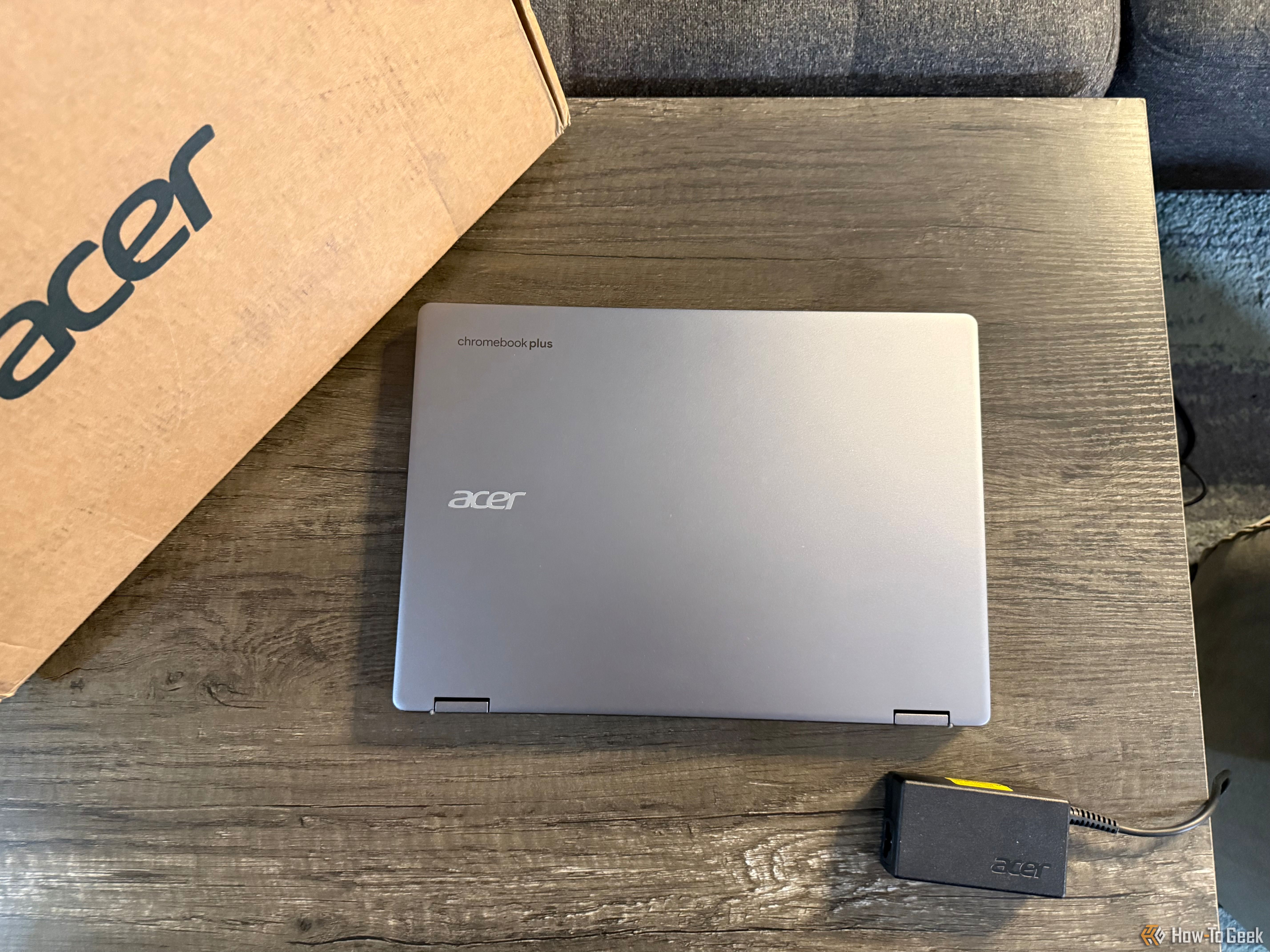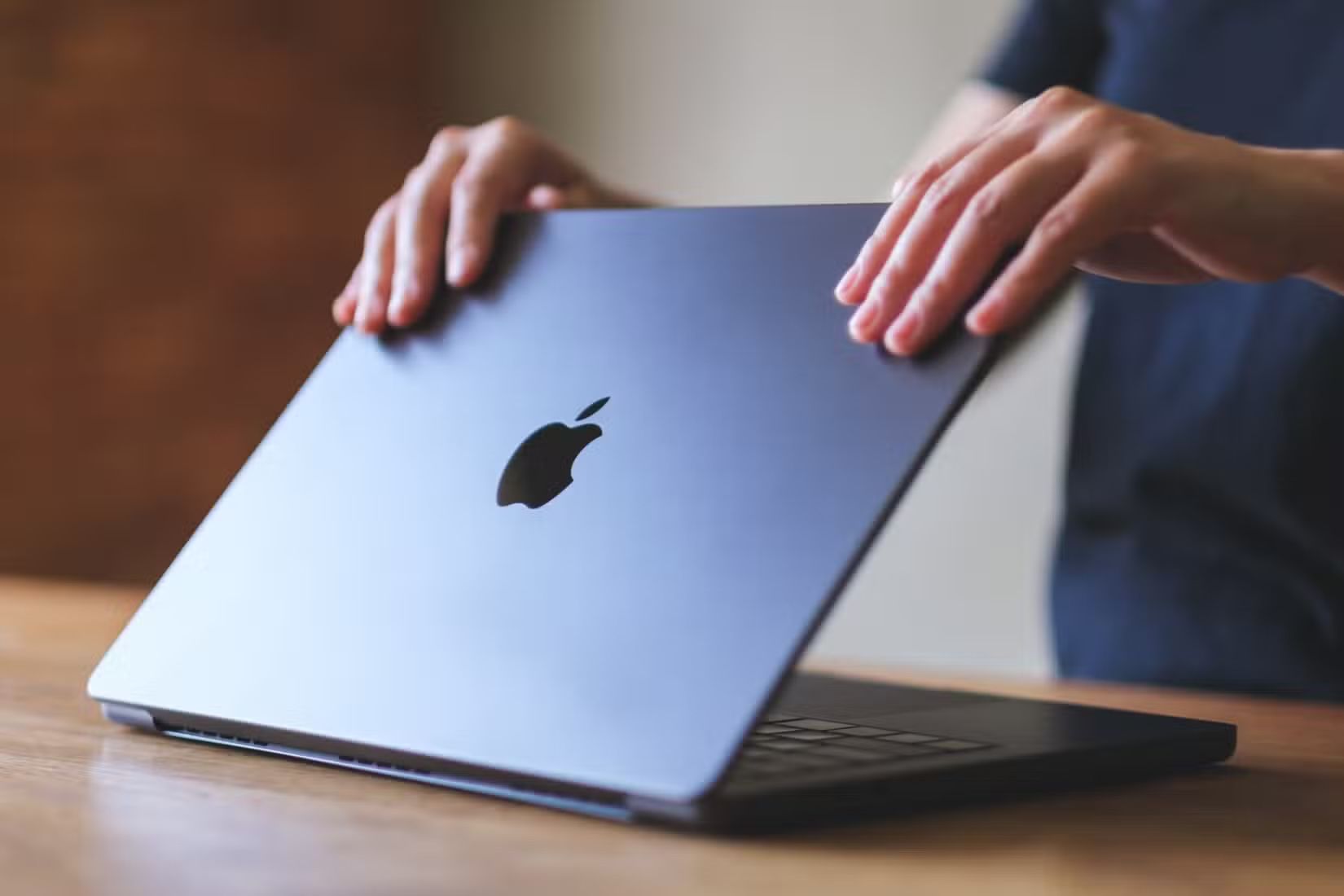Summary
- Chromebooks are becoming more expensive with fancy features, like the $549 Acer or $2000 HP Elite Dragonfly.
- Spending over $500 on a Chromebook can overlap with MacBook Air or Windows laptops that often outperform them.
- High-end Chromebooks with expensive hardware are limited by ChromeOS, making premium prices hard to justify.
How much are you willing to pay for a Chromebook? As the features and specifications go up, you might find yourself creeping into dangerous territory. It’s time to turn back before you make a choice you might regret.
Chromebooks Have Been Getting Fancier (and Pricier)
When Chromebooks first arrived on the scene, these were basic, web-dependent laptop computers that cost around $200 and were perfect for students or people who didn’t need much more than browser access.
Over time, some models have gained features and specifications that bring them more in line with full-fat laptops, and Chrome OS itself has grown into a more web-independent operating system.
Now there are Chromebooks like the Acer Chromebook Plus Spin 514, coming in at a whopping $549, or the ludicrous HP Elite Dragonfly, with a list price north of $2000, and a “sale” price of around $1500!
An Expensive Chromebook Defeats the Point
I can understand if someone wants to pay a mild premium over and above the price of a basic Chromebook to get a better experience. A nicer screen, keyboard, and speakers make using any laptop better, for example. However, once you tip over the $500 mark, you’re close to overlapping with the price of a refurbished or discounted M1 MacBook Air, for example.
Once you’re over a grand, there are numerous Apple and Windows laptops to choose from that will run circles around a Chromebook with comparable or better battery life to boot.
Chromebooks were never meant to compete with mid-range laptops, much less premium ultraportables like MacBooks or Microsoft Surface devices.
Now, if you’re entrenched in the Google ecosystem or rely on a device that’s ultra-simple to manage, a premium Chromebook might justify its price despite the apparent overlap with other laptops, but there are limits to how far that intangible value can stretch financially!

Related
The MacBook M1 Air Is Still The Best Computer I’ve Ever Owned
Not only is the 2020 M1 MacBook Air a great laptop, it’s at an all-time low price right now.
ChromeOS Makes Less Sense on High-End Hardware
The biggest problem with paying so much for a Chromebook has nothing to do with the quality of the hardware. No matter the specs and build quality of a Chromebook, you’re still using ChromeOS at the end of the day. Compared to macOS, Linux, or Windows, ChromeOS is severely limited.
There’s little point in having expensive hardware, when you can’t really take advantage of it with the right software. I think you’ll simply end up jumping through hoops to run Linux apps, and then eventually going through the overly-complicated process of installing a full desktop operating system on your premium Chromebook, if it has the option. In which case, you could probably just have skipped the Chromebook part of the process entirely.
I will admit that, while Chrome OS might not offer the full-fledged experience of a traditional desktop operating system for power users, it’s come a long way—with solid Linux app support and a growing library of Android apps—making it more capable than ever for everyday tasks. At the same time, it’s a mistake to underestimate how your own needs might evolve over the three to five years that someone typically uses a laptop when spending this much money.
When Chromebook Prices Overlap With Premium Laptops, Don’t Do It
I know there are lots of good reasons to want a Chromebook, and if your school or organization is locked into that ecosystem then it can feel like the right choice to pay for something more luxurious. However, keep in mind that any other laptop can run Chrome and its web apps. So opting for a MacBook or Windows system doesn’t lock you out of the Google ecosystem by any means.
I have no doubt that the Chromebooks that are going for these sorts of prices are justified when we look at the specs, build-quality, design, performance, and special features–but it’s still “just” a Chromebook. So unless ChromeOS undergoes a significant transformation, which deviates far from its reason for existing, I don’t see myself ever spending more than $200-$300 of my own money on one of these laptops.






